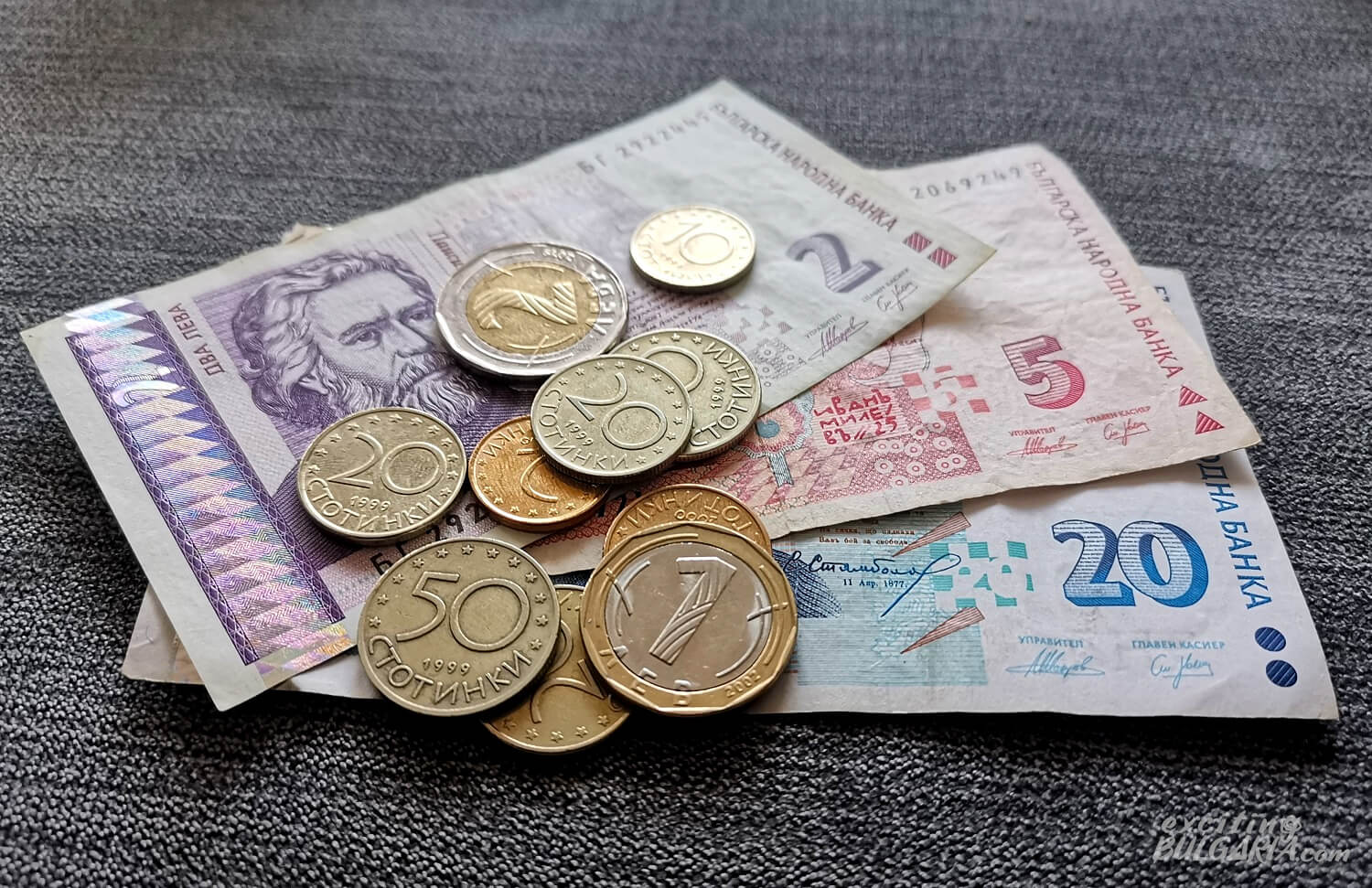Last updated on 1 January 2026
On 1 January 2026, Bulgaria officially adopted the euro as its national currency, marking a historic moment for the country, the eurozone, and the European Union.
The Bulgarian lev will gradually be replaced by the euro at a fixed conversion rate of 1.95583 lev = €1. To ensure a smooth transition, both currencies will circulate together for one month. During this period, change will be given in euro when paying in lev, helping to phase out the lev from everyday use.
The lev will remain valid for payments until 31 January 2026 but store prices will be shown in both levs and euros until August 2026.
The lev can be exchanged to euro at the Bulgarian National Bank (BNB), commercial banks and rural post offices. Exchanges at the BNB are free and unlimited. Banks and post offices will offer free exchange for the first six months, after which fees may apply starting 1 July 2026.
Almost all ATMs across Bulgaria started to dispense euro banknotes already with the remainder expected to follow within a few weeks.

Money exchange in Bulgaria
Exchanging your currency in Bulgaria can be done in licensed exchange bureaus and local banks. Both are safe and charge no commission, however, exchange bureaus have slightly better rates.
Make sure you see both exchange rates (buy and sell) before you change money. Some offices try to trick tourists by hiding the buy rates and only show the sell prices. That can be attractive as sell rates are always better, but you’re looking for the buy price, that’s the amount you get for your currency in euros. Unless otherwise stated, prices are meant per 1 unit of the foreign currency.
There might be people approaching you to offer money exchange but they are almost always scammers. Do not ever try to exchange money on the streets because you will probably end up with empty pockets. Official exchange bureaus and local banks are perfectly fine for currency exchange and have good rates. You’ll find those in every city center, for example on Vitosha boulevard in Sofia.
The common debit cards are widely accepted but we’d recommend to always have some cash with you as small restaurants or shops might only accept that form of payment.